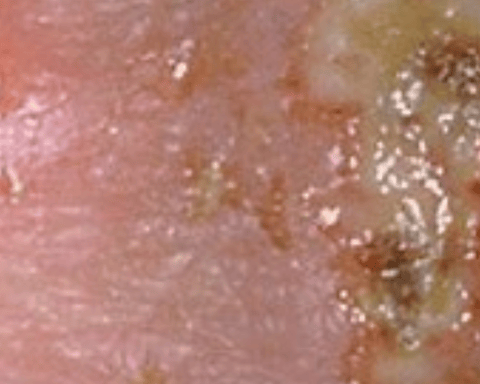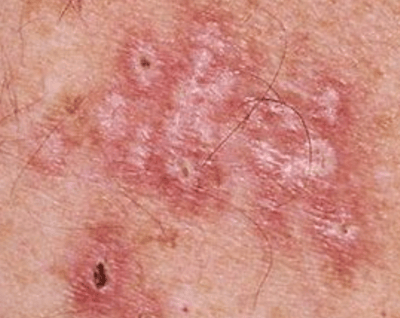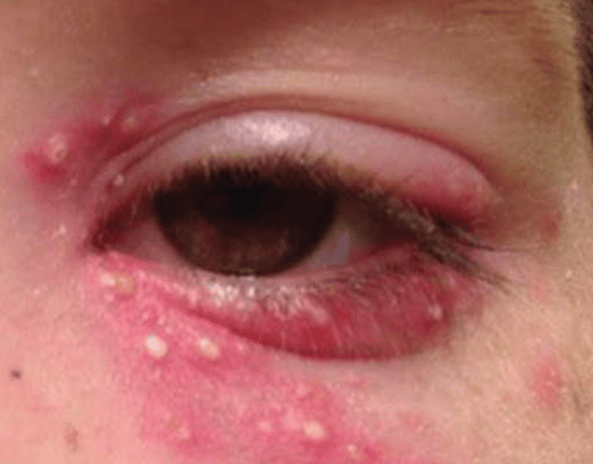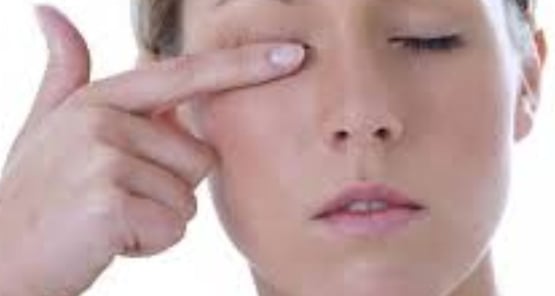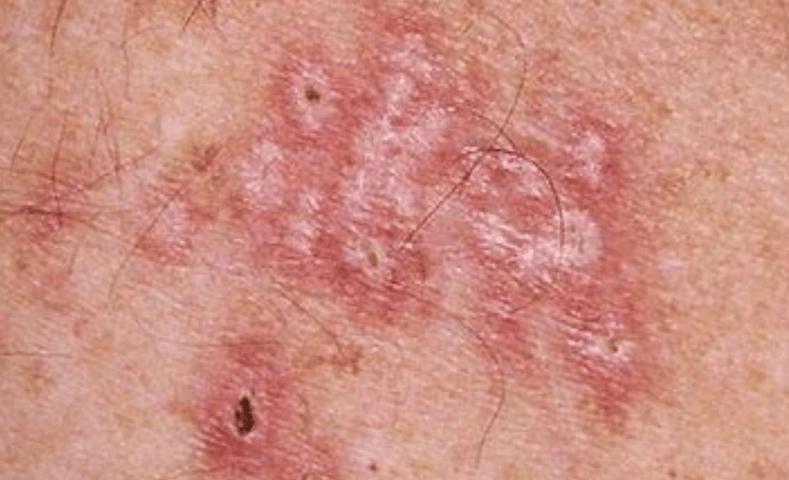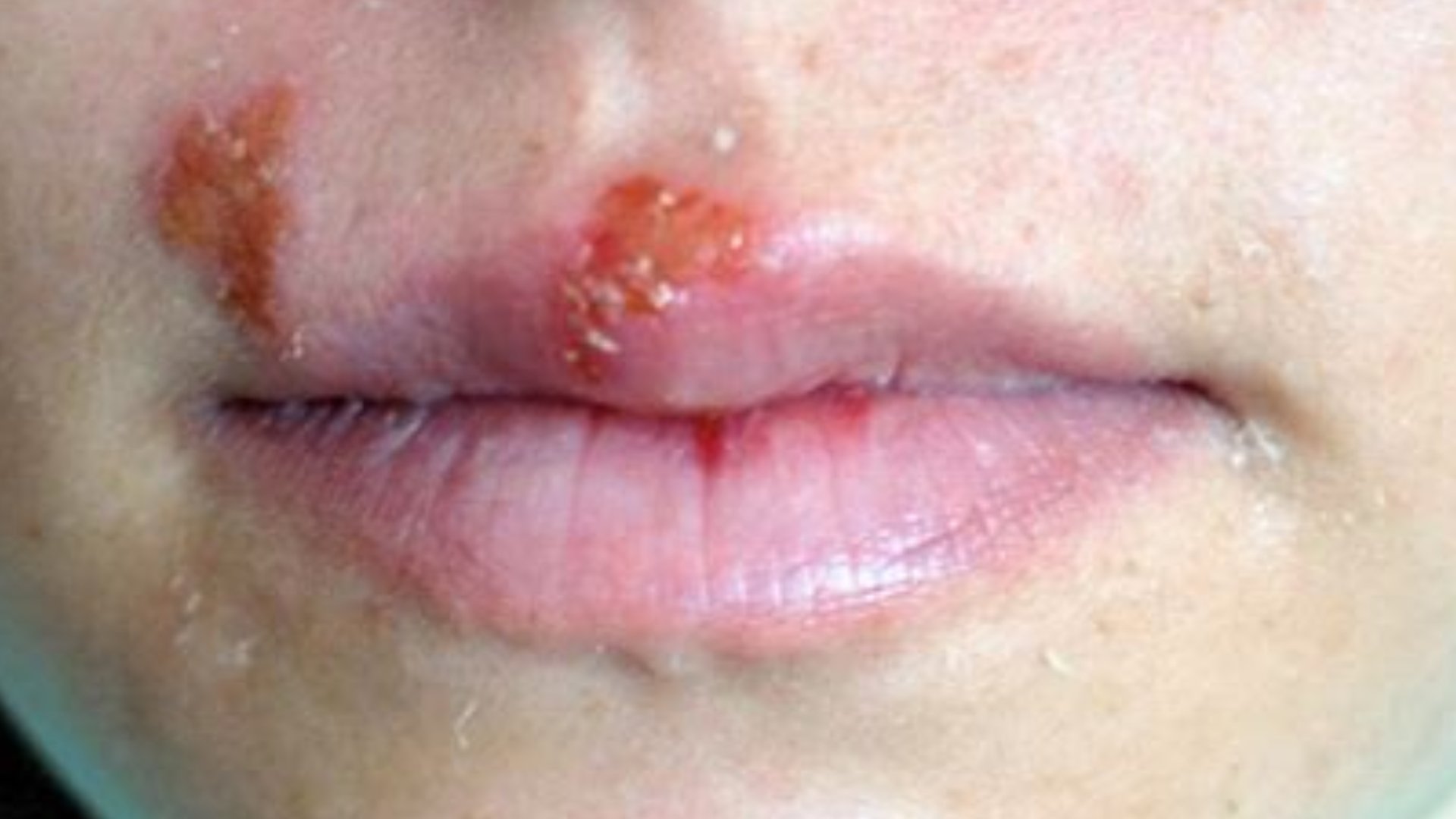
Herpes Treatment : Fasting and Honey
the safest and most effective way to treat herpes sores with fasting and honey, antiviral and anti-inflammatory effects. Fasting and honey is the safest herpes simplex
SKIN DISEASES
Dr Hassan Al Warraqi
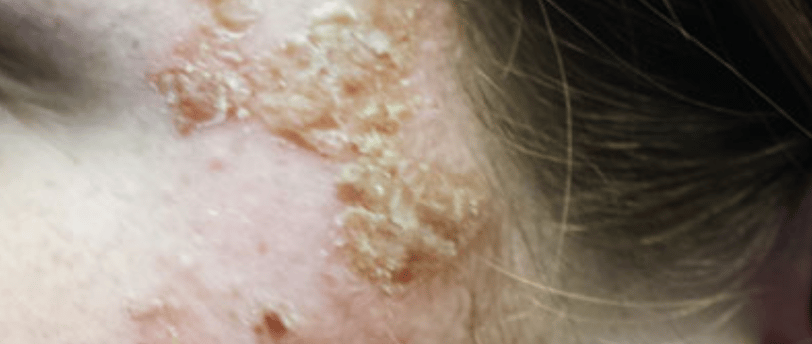

Herpes Treatment : Fasting and Honey
is a viral infection that can cause sores on the genitals, mouth, and other parts of the body. There are two main types of herpes: herpes simplex virus type 1 (HSV-1) and herpes simplex virus type 2 (HSV-2).
HSV-1 is the most common type of herpes and is usually responsible for cold sores.
HSV-2 is the type of herpes that is usually responsible for genital herpes.
Herpes is spread through skin-to-skin contact with an infected person. This can happen through sexual contact, kissing, or sharing utensils or drinks.
Once you have herpes, you have it for life.
there are treatments that can help to manage the symptoms and make it less likely that you will spread the virus to others.
Here are some of the symptoms of herpes:
Sores on the genitals, mouth, or other parts of the body
Pain or burning in the area of the sores
Itching
Fever
Swollen glands
There is no cure for herpes.
but there are treatments that can help to manage the symptoms and make it less likely that you will spread the virus to others.
Treatment options include:
Antiviral medications: Antiviral medications can help to shorten the duration of outbreaks and make them less severe.
Pain relievers: Over-the-counter pain relievers, such as ibuprofen or acetaminophen, can help to relieve pain and discomfort from the sores.
Home remedies: There are a number of home remedies that can help to relieve the symptoms of herpes, such as applying a cool compress to the sores or taking a warm bath.
If you have herpes, it is important to take steps to prevent spreading the virus to others.
Abstain from sexual contact when you have sores.
Use condoms or other barrier methods during sex, even if you have no sores.
Avoid sharing utensils or drinks with others.
Tell your sexual partners that you have herpes.
Herpes ophthalmicus
(HO) is a viral infection of the eye that is caused by the varicella-zoster virus (VZV),
the same virus that causes chickenpox and shingles.
HO can occur in people who have had chickenpox in the past, even if they do not remember having it.
The VZV virus can remain dormant in the body after chickenpox and can reactivate years later, causing HO.
HO is most common in people over the age of 50 and in people with weakened immune systems.
The symptoms of HO typically develop on one side of the face and can include:
A rash on the forehead, eyelids, and cheek
Pain in the eye and around the eye
Redness and swelling of the eye
Sensitivity to light
Blurred vision
Tearing
Discharge from the eye
Early diagnosis and treatment can help to prevent serious complications, such as blindness.
There is no cure for HO
but there are treatments that can help to shorten the duration of the infection and reduce the risk of complications.
Treatment options include:
Antiviral medications: Antiviral medications can help to stop the virus from replicating and can reduce the severity of the infection.
Pain relievers: Over-the-counter pain relievers, such as ibuprofen or acetaminophen, can help to relieve pain and discomfort from the infection.
Artificial tears: Artificial tears can help to relieve dryness and irritation of the eye.
Cold compresses: Cold compresses can help to reduce swelling and inflammation.
prevent spreading the infection:
Wash your hands frequently with soap and water.
Avoid touching your eyes and face.
Avoid sharing towels, washcloths, or other personal items with others.
If you have a rash, cover it with clothing or a bandage.
Fasting
There is no clear scientific evidence to suggest that fasting plays a role in the development or treatment of Herpes ophthalmicus (HO)
However, some studies have shown that fasting can have anti-inflammatory and antiviral effects, which could potentially be beneficial for people with HO.
One study found that fasting reduced inflammation and improved vision in a mouse model of HO.
Another study found that fasting inhibited the replication of the varicella-zoster virus (VZV), the virus that causes HO.
However, more research is needed to confirm these findings and to determine the safety and efficacy of fasting for people with HO.
It is important to note that fasting can also lead to dehydration and electrolyte imbalances, which can be dangerous for people with HO..
Here are some things to keep in mind if you are considering fasting and you have HO:
Start slowly. If you are new to fasting, start with a short fast, such as 12 hours. Gradually increase the length of your fasts as you become more comfortable.
Stay hydrated. Drink plenty of fluids while fasting. Water is best, but you can also drink unsweetened tea or coffee.
Monitor your blood sugar levels closely. If you have diabetes, it is important to monitor your blood sugar levels closely while fasting.
Genital herpes
Genital herpes can cause sores and blisters on the genitals, anus, and buttocks.
It can also cause pain, itching, and burning in the area of the sores.
Genital herpes is spread through skin-to-skin contact with an infected person.
This can happen through sexual contact, kissing, or sharing utensils or drinks.
Once you have genital herpes, you have it for life.
However, there are treatments that can help to manage the symptoms and make it less likely that you will spread the virus. to
others.
The symptoms of genital herpes:
* Sores or blisters on the genitals, anus, or buttocks
* Pain, itching, or burning in the area of the sores
* Flu-like symptoms, such as fever, headache, and muscle aches
* Swollen glands
If you think you may have genital herpes, they can diagnose the infection and recommend treatment.
There is no cure for genital herpes.
but there are treatments that can help to manage the symptoms and make it less likely that you will spread the virus to others.
Treatment options include:
*Antiviral medications:**
Antiviral medications can help to shorten the duration of outbreaks and make them less severe.
*Pain relievers:**
Over-the-counter pain relievers, such as ibuprofen or acetaminophen, can help to relieve pain and discomfort from the sores.
*Home remedies:**
There are a number of home remedies that can help to relieve the symptoms of genital herpes, such as applying a cool compress to the sores or taking a warm bath.
steps to prevent spreading the virus
*Abstain from sexual contact when you have sores.**
*Use condoms or other barrier methods during sex, even if you have no sores.**
*Avoid sharing utensils or drinks with others.**
*Tell your sexual partners that you have genital herpes.**
honey for herpes simplex genital herpes and herpes ophthalmic
Honey has been used traditionally to treat a variety of conditions, including herpes simplex genital herpes and herpes ophthalmic.
However, there is limited scientific evidence to support the use of honey for the treatment of these conditions.
Some studies have shown that honey may have antiviral and anti-inflammatory properties, which could potentially be beneficial for people with herpes simplex genital herpes and herpes ophthalmic.
For example, one study found that honey was effective in inhibiting the replication of the herpes simplex virus (HSV), the virus that causes herpes.
Another study found that honey reduced inflammation and improved wound healing in mice with HSV infection.
more research is needed to confirm these findings and to determine the safety and efficacy of honey for the treatment of herpes simplex genital herpes and herpes ophthalmic in humans.
it is important to note that honey is not a sterile substance and may contain bacteria that could cause infections.
there is limited scientific evidence to support the use of honey for the treatment of herpes simplex genital herpes and herpes ophthalmic.
They can help you to determine if honey is right for you and to develop a safe treatment plan.
Here are some tips for managing herpes simplex genital herpes and herpes ophthalmic:
Avoid touching or scratching the sores.
Wash your hands thoroughly before and after touching the sores.
Avoid sexual contact when you have sores.
Take antiviral medications as prescribed by your doctor.
Apply a cool compress to the sores to relieve pain and inflammation.
Wear loose-fitting clothing to avoid irritating the sores.
Get enough rest.
Eat a healthy diet.
You will not lose anything try it alone her with other treatment and with fasting you will find difference
Fasting
fasting for people with genital herpes.
There is no scientific evidence to suggest that fasting is a cure for genital herpes.
However, some studies have shown that fasting may have antiviral and anti-inflammatory effects, which could potentially be beneficial for people with genital herpes.
One study found that fasting reduced the replication of the herpes simplex virus (HSV), the virus that causes genital herpes, in mice. Another study found that fasting reduced inflammation and improved wound healing in mice with genital herpes.
Fasting and you have genital herpes:
Start slowly. If you are new to fasting, start with a short fast, such as 12 hours. Gradually increase the length of your fasts as you become more comfortable.
Stay hydrated. Drink plenty of fluids while fasting. Water is best, but you can also drink unsweetened tea or coffee.
Monitor your blood sugar levels closely. If you have diabetes, it is important to monitor your blood sugar levels closely while fasting.
Listen to your body. If you feel lightheaded, dizzy, or unwell, break your fast.
It is also important to note that there is no one-size-fits-all answer to the question of whether or not fasting is safe for people with genital herpes.
Fasting is right for you and to develop a safe fasting plan.
Finally fasting and honey is the safest sure way of treatment.
try before any other form of treatment
fasting treat herpes
Frequently Asked Questions About Herpes Simplex Treatment
Q1: What is the herpes simplex virus?
A1:The herpes simplex virus (HSV) is a common virus transmitted through physical contact. There are two main types: HSV-1, which typically causes cold sores, and HSV-2, which usually causes genital herpes.
Q2: What are the symptoms of herpes simplex?
A2:\ Symptoms include painful sores, itching, burning, flu-like symptoms, and swollen lymph nodes.
Q3: Can herpes simplex be cured?
A3: There is no definitive cure for herpes simplex, but treatments are available to help control outbreaks and reduce the risk of transmission, such as antiviral medications and pain relievers.
Q4: What are the benefits of honey in treating herpes?
A4: Honey is known for its antiviral and anti-inflammatory properties and may help with wound healing and reducing the replication of the herpes virus.
Q5: Are there any risks to using honey for herpes treatment?
A5:Honey is not sterile and may contain bacteria, so it should be used with caution.
Q6: What are the benefits of fasting in treating herpes?
A6:Fasting may have anti-inflammatory and antiviral effects. Some studies have shown that fasting can reduce the replication of the herpes virus and inflammation.
Q7: Are there any precautions to consider when fasting for herpes treatment?
A7: Caution should be taken when fasting, especially if you have underlying health conditions such as diabetes. Stay hydrated and listen to your body’s signals during fasting.
Q8: Can honey and fasting be used as primary treatments for herpes?
A8: Although honey and fasting have shown some promising results in studies, they should be considered complementary to traditional treatments such as antiviral medications.
This article provides a clear and concise FAQ format for understanding herpes simplex treatment, including the potential roles of honey and fasting as complementary approaches.
keywords
Herpes Simplex, Genitalia, Ophthalmicus , fasting, honey, treatment, prophylactic,no one-size-fits-all answer,fasting and honey is the safest sure way of treatment ,antiviral and anti-inflammatory effects,


